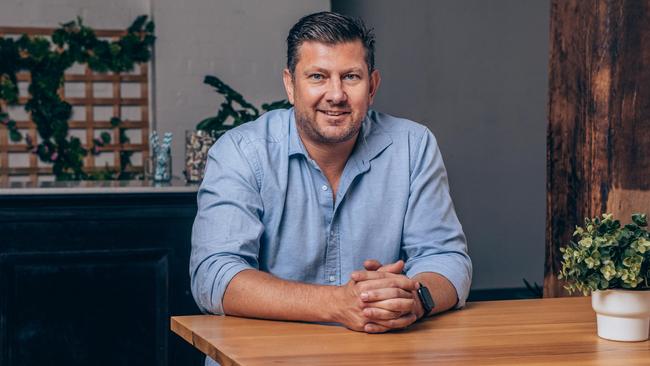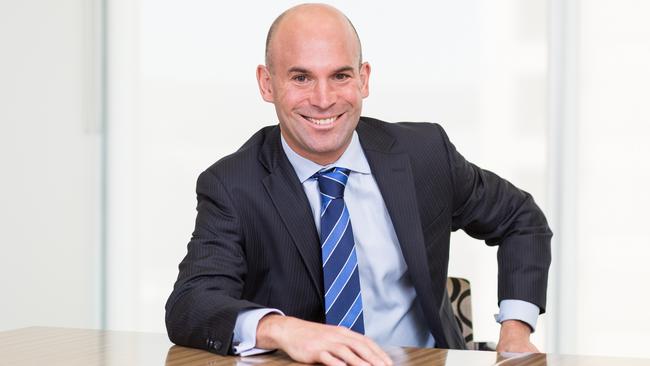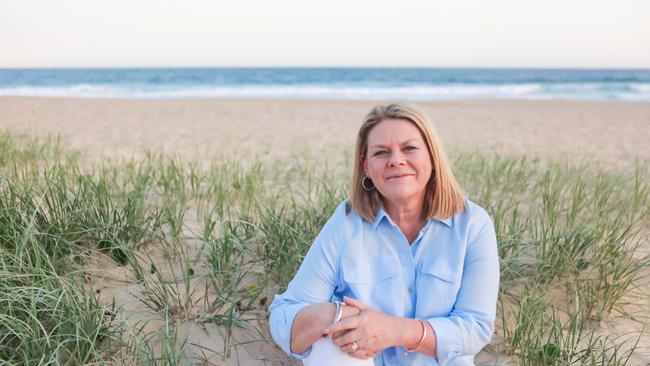Seven money traps lurking within your superannuation fund
Thousands of extra dollars can be enjoyed – or lost – depending on what you do with your superannuation today.
Superannuation fund statements are landing in letterboxes and inboxes, and for some people they end up as junk – either in an email bin or rubbish bin.
However, ignoring your super and its annual statement can be like throwing your own cash down the drain – because super money is your money, only with rules that preserve it for retirement rather than allow it to be blown on big screen TVs and other stuff.
Super also contains some costly financial traps for the unwary, and losses can run into tens of thousands of dollars for those who fail navigate them. Here are seven problems to conquer.
1. SET AND FORGET
The biggest trap within super is people doing nothing, as they can end up paying high fees for years or miss out on the massive benefits of compound interest by failing to understand their investments.
Employment Hero CEO Ben Thompson said there was a “considerable knowledge deficit” about super and it was largely out of sight and out of mind for young workers who might not be able to access it for 30 or 40 years.
“Outside of their home, superannuation is the single largest asset most Australians will ever own,” he said.
“Not knowing about your basic super investment settings is akin to a real estate investor not knowing the address of their property or the cost of renovations,” he said.

Julie Bebbington, 44, said she thought little about super until she got divorced, had to walk away from a house and car but kept her superannuation.
“After that, I started contributing extra in for a few years through salary sacrifice,” she said.
Ms Bebbington now uses a financial planner for guidance and investing, and said she was keen to learn more about optimising her super.
“I’ve been wanting to look into buying property in my super at some point in the near future,” she said.
“This will mean I need to change to a SMSF.”
2. TOO MUCH CAUTION
Super is a long-term asset, and many people – particularly those nearing or in retirement – become overly-conservative with their investments.
Holding your entire nest egg in cash or fixed interest assets means you are unlikely to beat inflation, so your real wealth goes backwards. Retirees often require their super to work for them for 20-30 years, so many financial planners recommend holding enough cash to last a few years, and then the rest in a diversified investment mix including growth assets such as shares and property.
Aware Super head of retirement Jacki Ellis said it was common for people to be too conservative.
“Many people dial down the risk in their investments excessively,” she said.
“It’s about striking the right balance between pursuing returns and managing risk, because strong long-term returns are still important in retirement. While there’s no one-size-fits-all, it’s important you neither take on excessive risk nor completely avoid it.
“Good super funds change the way they invest for members in the retirement phase to address this.”
Funds’ default options for retirees may revert to more conservative investments, but it’s wise to check.
3. IGNORING AVAILABLE HELP
Financial planner Peter Hogg said most super funds generally issued their annual statements between August and November, and anyone uncertain about their investments, fees or other issues should contact their fund.
“You don’t need to be an expert,” he said.
“Good super funds offer a wide range of help, guidance and advice services – mostly at no extra cost – that can help ensure your super is match fit and you’re on track for your best possible retirement.

“A little love now can come back to you many times over.”
William Buck director Adrian Frinsdorf said super funds had enjoyed a good financial year in 2022-23 and many would be keen to get information out to members.
“Most super funds also have helpful online tools for members to regularly check fund balances, options and performance,” he said.
“Now is a good time to take a look at your statements to assess the financial year performance and in context of the year ahead.”
4. A DEFACTO DEATH TAX
Australia does not have official death duties, but the rules around super and inheritances mean we have a form of death tax when super money is inherited by family members who are not dependants – such as adult children.
This can lead to a large chunk of a deceased retiree’s super being taxed at up to 32 per cent before the inheritance reaches their children, but financial planners often get around this through re-contribution strategies. People over 60 can withdraw their super tax free, then pump it back in as a non-taxable contribution, but there are conditions and complexities so good advice is vital.
5. TAX BENEFITS GO BEGGING
Other tax traps in super often revolve around people not making the most of the generous benefits and incentives that are available and able to boost a nest egg significantly.
People can claim tax deductions for making extra contributions to super each financial year, and there are relatively new catch-up rules in place that allow many to deposit unused portions of previous years’ contribution caps – delivering even bigger tax deductions.
“It’s really important to be aware of the rules around contributions and the associated tax implications, which can be quite complicated,” Mr Frinsdorf said.
“Super is a path best navigated with the help of an experienced financial adviser.
“The biggest mistake people make with super is viewing it purely as an investment vehicle. Super instead is a tax structure that you can choose to invest in a multitude of ways.”
Mr Hogg said not getting engaged risked missing out on big benefits.
“Whatever your income, there are all sorts of steps and strategies you can take to build your super, including salary sacrifice and government co-contributions,” he said.
“These can have a really powerful effect over time thanks to the benefits of compounding. If you don’t take advantage of these opportunities, it can undermine the quality of life you’ll enjoy in retirement.”
6. INSURANCE HITS
AND MISSES
Superannuation is a great vehicle for holding life insurance policies such as death cover, total and permanent disability and income protection insurance, as the premiums are paid from your super rather than your hip pocket. It can also be cheaper than stand-alone insurance policies.
However, many people do not have enough insurance to cover their family’s financial losses if disaster strikes, while others pay too much money for cover they do not need.

Mr Hogg, a business lead at Aware Super, said it was essential to check the insurance in your super.
“Your insurance needs change with your stage of life, and it’s all too easy to lose track of time and wind up with cover that just doesn’t match your need,” he said.
“Cover that was appropriate in your mid-twenties could be completely unsuitable when you’re in your forties and have a hefty mortgage or children who depend on you financially.
“Equally, you might have automatic cover you don’t need – effectively eroding your super balance, which will ultimately have an impact on your retirement income.
“Also check your insurance category – which is based on your type of work and is also known as an occupation category – matches your occupation. If it doesn’t, you might be paying too much.”
Mr Frinsdorf said as people aged, it was good practice to review their level of insurance cover.
“People generally take out insurance to cover for future events that they have not saved for, so as someone ages and accumulates savings, they may look to reduce their cover accordingly,” he said.
7. STARTING TOO LATE
The best time to start thinking about super, and acting on it, is now.
The more years you give compound interest to grow your nest egg, the better off you will be later on.
Every $10,000 held today can grow to more than $150,000 over four decades, but younger super fund members are often focusing on other issues such as living costs, mortgages and families.
There may be options for parents and grandparents to help. For example, the super co-contribution sees the government putting up to $500 into a low or middle income-earner’s fund each financial year if they contribute $1000 of their own money. Each $500 could compound into $8000 over 40 years.
Mr Frinsdorf said the key for younger people was to embrace super earlier to gain greater benefit from the compounding returns.
“In the current cost of living environment this is understandably difficult for many people,” he said.
“However, if you can start salary sacrificing into super earlier, the better outcomes can be achieved in the long run.”

Accountant and financial adviser Jennifer Richardson said she wished she knew 20 years ago what she had learned in the last six years.
After having three children and starting her own financial services business 123 Financial Group, income was initially low and with no compulsory super obligation, Ms Richardson said she neglected her super, instead opting to reinvest into her emerging busines.
“I always took the approach that when my income increases I will have the money to put into super,” she said.
“Fast forward a few years, my business is established and I now have the funds to put into super, but catch-up is the name of the game for both my husband and I.
“I could have found $20 a week if I knew what that looked like.
“For most of us retirement is something that will happen later so it is not a focal point for now. How wrong this is.”






To join the conversation, please log in. Don't have an account? Register
Join the conversation, you are commenting as Logout